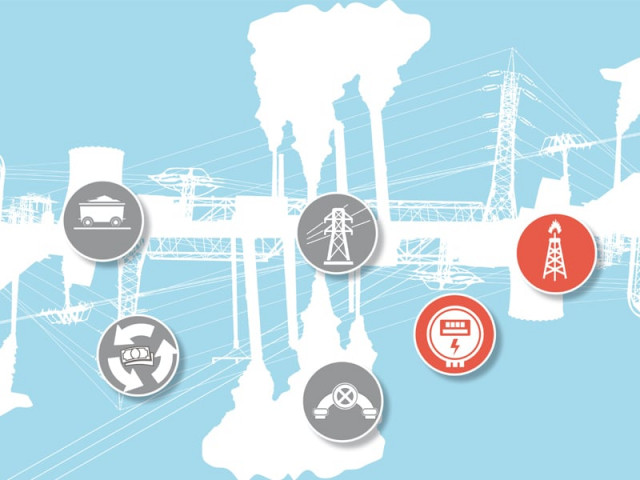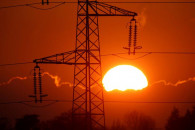Steps underway: Sugar mills to cater to needs of big power consumers
Seek incentives, use of coal as fuel for power co-generation projects.

1,500 megawatts, is the quantity
of electricity expected to be produced by co-generation projects. PHOTO: FILE
Necessary steps are being taken for a proper and specific policy for the co-generators to clear the way for direct supply of electricity to bulk purchasers, sources say. In this regard, a “wheeling agreement” has been finalised with a power distribution company.
Sugar millers are also pressing for an amendment to the co-generation policy for including coal as fuel for such projects, believing there is a huge potential for power production with the help of coal throughout the year.

The millers have also sought similar incentives as enjoyed by independent power producers (IPPs) like guarantees for purchase of power and making payments, but members of the Economic Coordination Committee (ECC) have dismissed the demand.
Under the National Policy of Power Co-Generation (Bagasse/Biomass and Coal) for Sugar Industry 2013, the government hopes to add 1,000-1,500 megawatts of electricity to the national grid.
The government approved the power co-generation policy for the sugar industry on March 6 this year for development of co-generation projects. The policy permits the projects that rely on renewable energy sources including bagasse and biomass, but does not allow coal consumption.
Discussing a summary prepared by the water and power ministry, the ECC members, in a meeting held on November 6, said representatives of the Pakistan Sugar Mills Association were calling for a new policy for co-generation projects, which should be based on bagasse, biomass and coal as fuel sources.

The ECC members were of the view that the grant of fiscal and financial incentives, which were offered to the independent power plants, to co-generation projects might prompt other coal-based power producers to demand similar concessions.
Since the co-generation projects were not purely based on renewable energy, it did not appear to be mandatory to process their cases through the Alternate Energy Development Board (AEDB), they said.
Apart from these, a proposal about dispensing with the need for pre-qualification, issuing a letter of intent and conducting feasibility study appeared to be contrary to the provisions of the National Power Policy 2013, the ECC was told.
After considering the summary of the water and power ministry, the ECC constituted a committee to review the proposals.
When approached for comments, the water and power ministry spokesman did not respond to the call.
Published in The Express Tribune, November 29th, 2013.
Like Business on Facebook, follow @TribuneBiz on Twitter to stay informed and join in the conversation.



















COMMENTS
Comments are moderated and generally will be posted if they are on-topic and not abusive.
For more information, please see our Comments FAQ